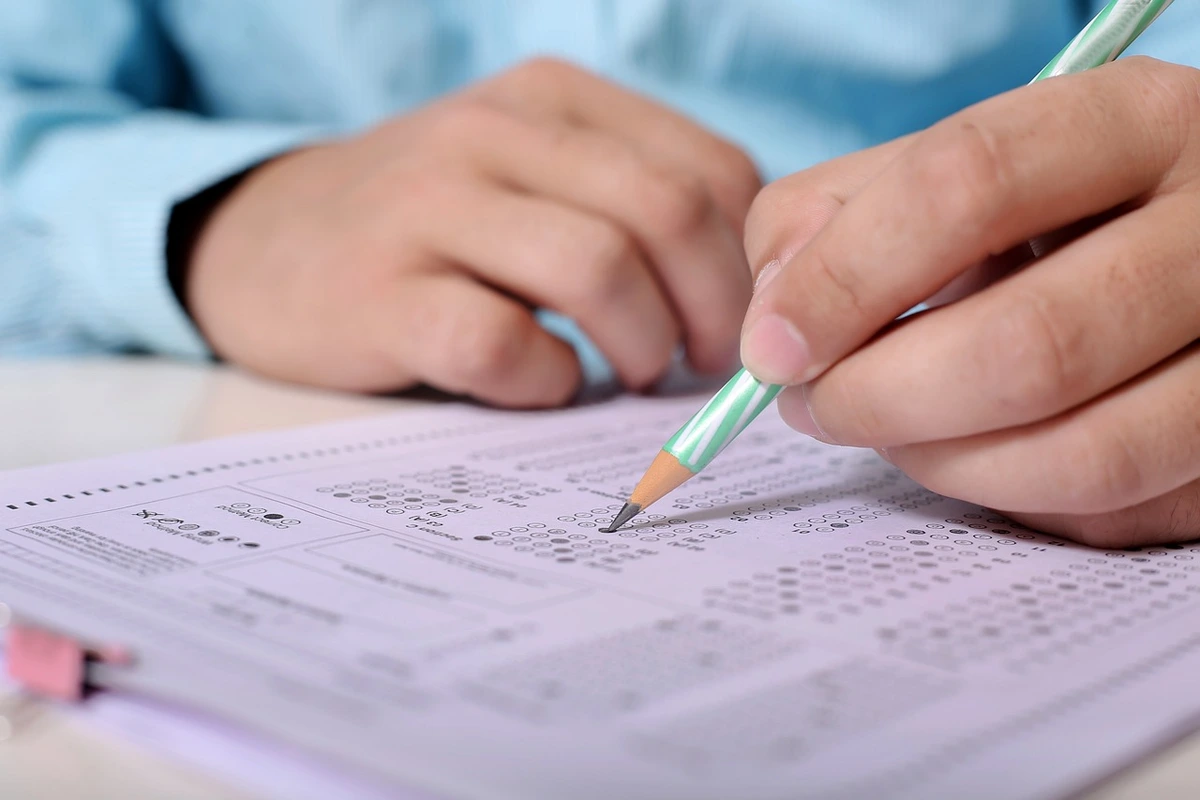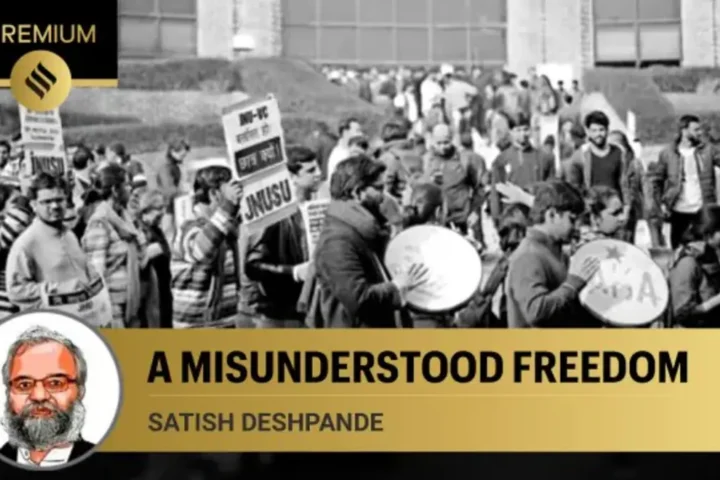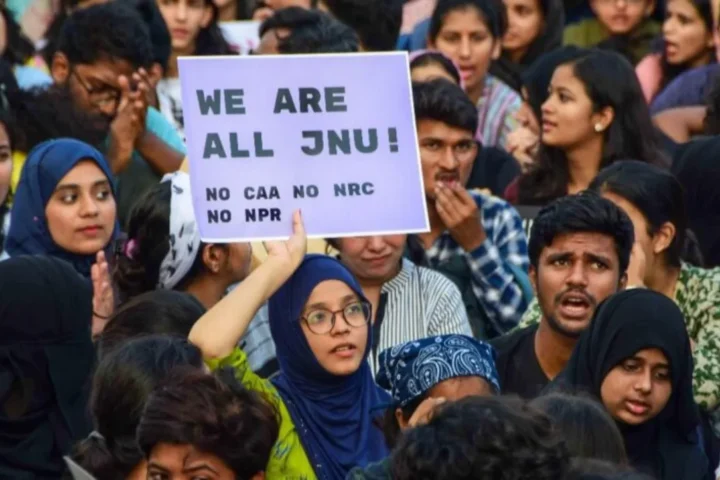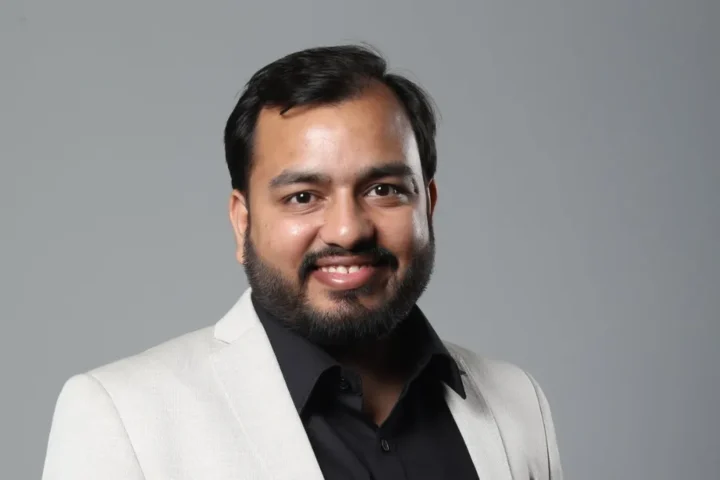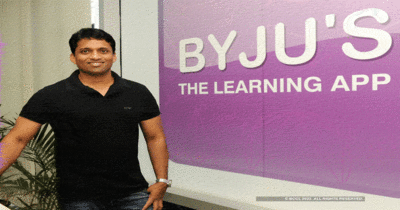The Supreme Court recently addressed the alarming rise in student suicides across the country, emphasizing the “intense competition” and parental pressure as significant contributors. The bench, consisting of justices Sanjiv Khanna and SVN Bhatti, acknowledged the gravity of the situation but expressed helplessness in passing directives to regulate coaching institutes.
The Parental Pressure Conundrum
“Pressure from parents is behind all these incidents. More than the children, it is the parents who are putting pressure on them,” stated the bench, highlighting a critical aspect of the issue. While the desire for academic excellence is natural, the unintended consequences of excessive pressure are proving to be fatal.
The Dilemma of Regulation
The petitioner, Mumbai-based doctor Aniruddha Narayan Malpani, sought regulation for profit-oriented private coaching institutes that cater to competitive entrance exams like IIT-JEE and NEET. The court, recognizing the challenges, suggested that the petitioner approach the government with recommendations.
Justice Khanna acknowledged the drawbacks of coaching institutes but pointed out the lack of alternatives due to the intense competition and conditions in schools. This brings attention to the broader educational landscape and the need for a comprehensive approach.
Disturbing Statistics
Referring to the 2020 data from the National Crime Records Bureau (NCRB), the petitioner’s counsel, Mohini Priya, highlighted that approximately 8.2% of students in the country die by suicide. These distressing figures underscore the urgency for action.
The Petition’s Perspective
The plea filed by Malpani emphasizes the dire need for oversight, citing the absolute lack of regulation and oversight by the government. It argues that coaching institutes prioritize profits over student well-being, subjecting them to subpar and abnormal conditions that adversely affect their mental health.
The petition contends that the mental health issues triggered by the pressures of competitive exams are a grave human rights concern. It questions the government’s stance, accusing it of apathy toward protecting the constitutional right of young minds to live with dignity under Article 21.
A Call for Responsible Action
As the judiciary acknowledges the complexity of the issue, it becomes apparent that a multi-faceted approach is required. While regulation is a crucial aspect, addressing the root causes, including parental expectations and the competitive education system, is equally vital.
The plea brings to light the urgent need for a comprehensive framework that prioritizes student well-being over profit margins. It calls for a collective effort from the government, educational institutions, and parents to create an environment that fosters healthy competition without compromising the mental health of the future leaders of our nation.
Winding it up
In conclusion, the blog post underscores the need for a holistic approach to tackle the underlying issues contributing to student suicides, emphasizing that it’s not just about regulating coaching institutes but reshaping the entire narrative around education in the country.

